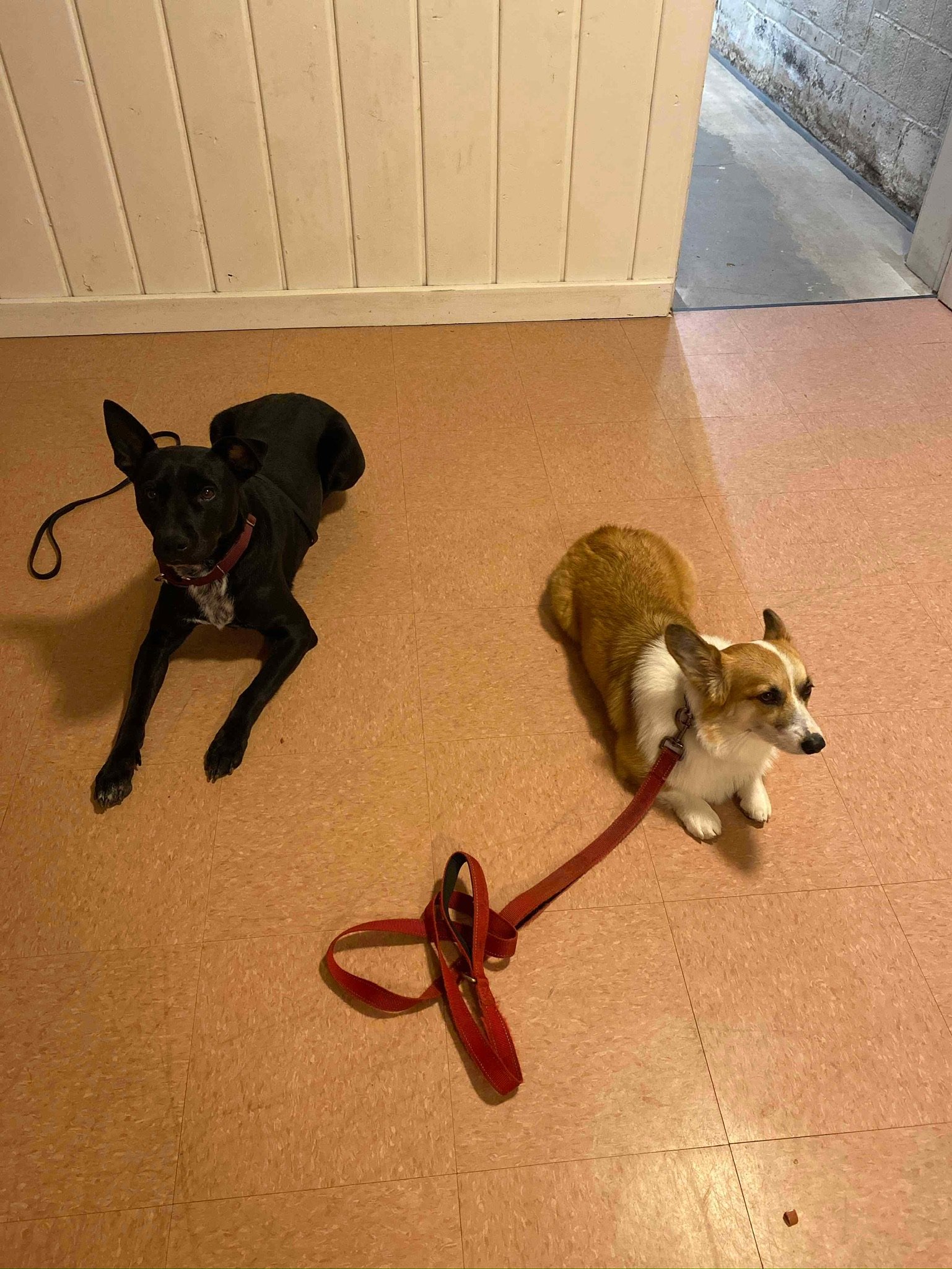Socialization: Building a Confident and Well-Adjusted Puppy
Socialization is a critical aspect of puppy development, laying the groundwork for their behavior and temperament as adult dogs. Early exposure to a wide range of people, animals, environments, and stimuli is essential for puppies to grow into confident, well-adjusted companions. In this comprehensive guide, we will explore the importance of socialization, focusing on early environmental stability exercises designed to help puppies navigate the world around them.
Why Socialization Matters:
The socialization period for puppies typically occurs between the ages of 3 weeks to 14 weeks, although it's important to continue socialization efforts throughout their first year of life. During this time, puppies are particularly receptive to new experiences and are more likely to form positive associations with unfamiliar stimuli. Proper socialization helps prevent fear, anxiety, and aggression in adult dogs, making them more adaptable and better equipped to handle various situations.
Introducing Puppies to Different People:
Exposing puppies to a diverse range of people is crucial for building their confidence and trust in humans. This includes exposure to individuals of all ages, genders, ethnicities, and physical appearances. Encounters with children, seniors, individuals with disabilities, and people wearing hats, sunglasses, or uniforms help puppies learn to feel comfortable and relaxed around diverse individuals.
Observing Other Animals:
Socializing puppies with other animals is equally important for their development. This includes exposure to other dogs of different breeds, sizes, and ages, as well as encounters with cats, birds, and other pets. These experiences teach puppies how to communicate appropriately with different species, fostering good social skills and preventing aggression or fear-based reactions towards other animals.
Exposure to Loud Sounds:
Gradually exposing puppies to loud sounds and unfamiliar noises is essential for helping them remain calm and composed in noisy environments. This can include common household noises like vacuum cleaners, doorbells, and kitchen appliances, as well as outdoor sounds like traffic, construction, and sirens. By introducing these noises in a controlled and positive manner, puppies learn to associate them with normal, non-threatening experiences, reducing the likelihood of noise phobias developing later in life.
Environmental Stability Exercises:
Environmental stability exercises involve exposing puppies to potentially scary or intimidating stimuli found in their everyday surroundings. This includes objects such as trash cans, bicycles, motorcycles, cars, trucks, and buses. By gradually introducing these objects in a positive context, puppies learn that they pose no threat and become desensitized to them. For example, taking puppies for walks in areas with moderate traffic helps them become accustomed to the sights and sounds of cars passing by.
Continuing Socialization Beyond Puppyhood:
While the critical socialization period for puppies occurs during their first few months of life, it's important to continue exposing them to new experiences throughout their first year and beyond. Continued socialization helps reinforce positive behaviors and prevents regression as puppies mature into adult dogs. Regular outings to new places, exposure to unfamiliar people and animals, and participation in training classes or canine sports all contribute to ongoing socialization efforts.
Conclusion:
Socialization is a lifelong process that plays a crucial role in shaping a puppy's behavior and temperament. Early exposure to a variety of people, animals, environments, and stimuli helps puppies become confident, well-adjusted companions who can navigate the world around them with ease. By working on socialization properly, dog owners can set their puppies up for success and ensure they grow into happy, well-behaved adult dogs.




